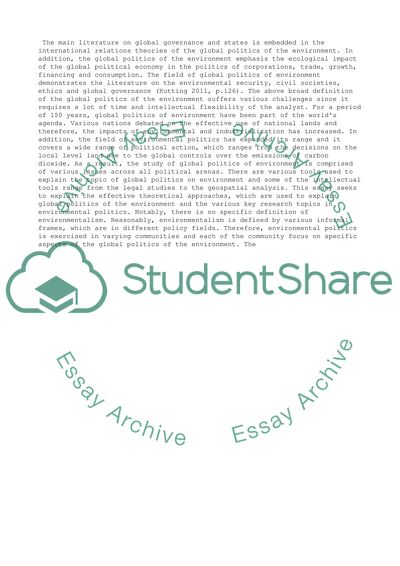Cite this document
(“Which theories are most effective in explaining the global politics of Essay”, n.d.)
Which theories are most effective in explaining the global politics of Essay. Retrieved from https://studentshare.org/business/1466099-course-title-global-environmental-politics-essay
Which theories are most effective in explaining the global politics of Essay. Retrieved from https://studentshare.org/business/1466099-course-title-global-environmental-politics-essay
(Which Theories Are Most Effective in Explaining the Global Politics of Essay)
Which Theories Are Most Effective in Explaining the Global Politics of Essay. https://studentshare.org/business/1466099-course-title-global-environmental-politics-essay.
Which Theories Are Most Effective in Explaining the Global Politics of Essay. https://studentshare.org/business/1466099-course-title-global-environmental-politics-essay.
“Which Theories Are Most Effective in Explaining the Global Politics of Essay”, n.d. https://studentshare.org/business/1466099-course-title-global-environmental-politics-essay.


